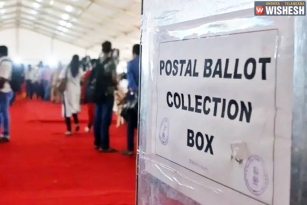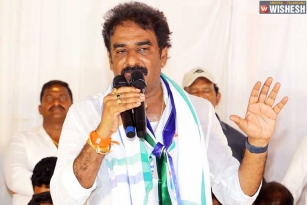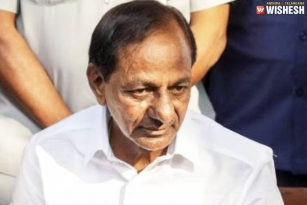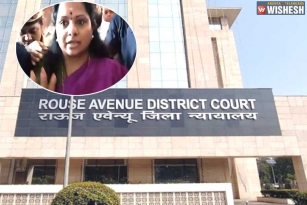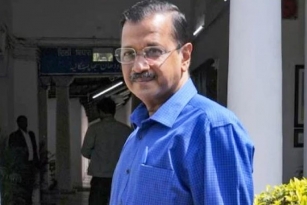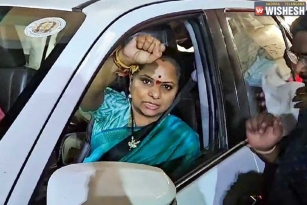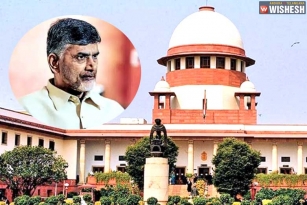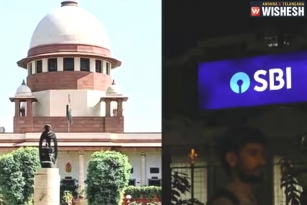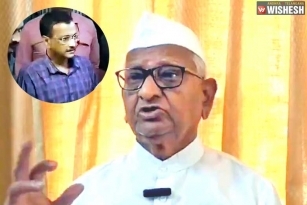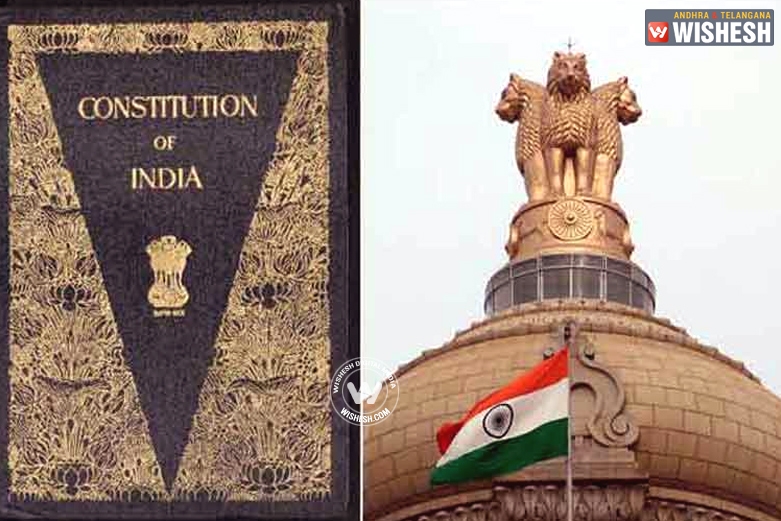
Chintan Chandrachud who is a PhD Candidate at the University of Cambridge raises the eyebrows through an article in daily The Hindu dated 9th June 2015, by terming the Indian constitution deceptive. The constitutional law of all nations (whether or not they have a codified Constitution) consists of some combination of written and unwritten. Judges sit on to interpret the written constitutions and analyse wherever the text remains silent. When the codified constitution grows older, it becomes less and less of the constitutional law of a nation, which has been supplemented by judicial decisions and political practice. When constitutional law diverges from the written constitution to such an extent, then, that it is not just a ‘radically incomplete statement’ of the higher law but is positively misleading? This is the point of discussion by Chandrachud.
Chandrachud states that, the Indian Constitution is transforming into a deceptive one, several constitutional provisions misrepresent, what the existing constitutional position is. Most conspicuous being Articles 368 (4) and (5), which categorically states that there is ‘no limitation whatever’ on the power of Parliament to amend the Constitution. Article 31B, a clause intended to protect legislation inserted into the Ninth Schedule of the Constitution ‘notwithstanding’ the judgment of any court, does not, by virtue of a succession of Supreme Court judgments, fully insulate the legislation from judicial scrutiny.
In the case between Kesavananda Bharati vs State of Kerala, the Supreme Court assumed the power to strike down constitutional amendments that altered, destroyed, or abrogated the ‘basic structure’ of the Constitution.
The deception championed by the provisions of the Indian Constitution is fairly unique. Other nations in their written constitutions, the divergence between the text and practice arises on account of the difficulty of formally amending a constitution is coupled with the need to modernise a constitution’s functioning.
Chandrachud has given the best example to put forward his point of terming Indian Constitution as deceptive. The most important case currently being heard by the Supreme Court, the challenge to the constitutional amendment that sought to change the way in which judges of the Supreme Court and High Courts are appointed. Under the system, before the amendment, the power to appoint judges effectively belonged to a Collegium of senior-most judges of the Supreme Court. Parliament amended the Constitution to establish a six-member National Judicial Appointments Commission.
To a certain extent the points and doubts raised by Chandrachud is valid. But, in the larger context the Indian Constitution has its own remedies to rectify the flaws and make the Consitution more strong and functional.
By Premji





